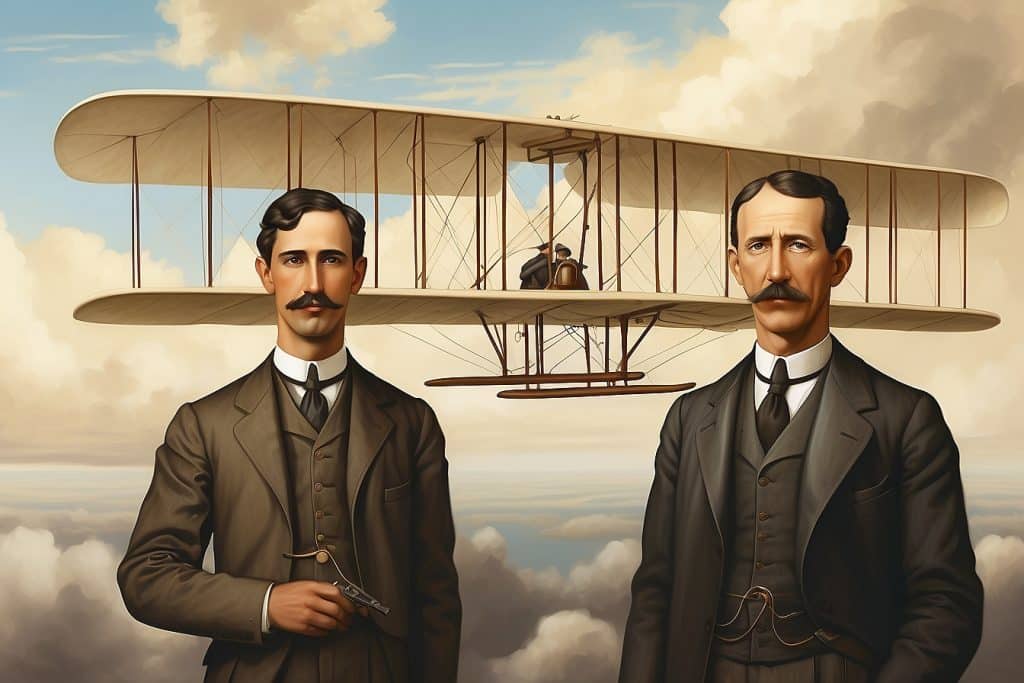
Introduction
Every year on March 21, the world comes together to celebrate World Poetry Day, a special occasion dedicated to recognising poetry’s profound influence on culture, language and human expression. Established by UNESCO in 1999, this global observance highlights the importance of poetry as a form of artistic and linguistic heritage that unites people across different backgrounds. Poetry has been a cornerstone of storytelling, self-expression and education for centuries, providing a means for individuals to convey emotions, share ideas and reflect on the human experience.
Poetry exists in every culture and has evolved over time, taking various forms – from ancient oral traditions to modern spoken word performances and digital poetry. Whether it is the haiku from Japan, the sonnet from Italy, or the ghazal from Persia, poetry has always been a universal medium that transcends linguistic and geographical barriers.
In this article, we explore the origins of World Poetry Day, the significance of poetry in different cultures, the role of poetry in modern society, and ways to celebrate this special day. By the end, you will gain a deeper appreciation for the timeless beauty of poetry and its ongoing relevance in today’s world.
The History and Purpose of World Poetry Day
World Poetry Day was officially established by UNESCO in 1999 during its 30th General Conference in Paris. The main objective was to support linguistic diversity through poetic expression and to encourage the preservation and appreciation of endangered languages. This initiative recognises the role of poetry in promoting dialogue, fostering creativity and strengthening cultural heritage.
Poetry has been an essential part of human civilization for thousands of years. Ancient texts, such as the Epic of Gilgamesh, the Mahabharata, and Homer’s Iliad and Odyssey, were originally composed in verse, demonstrating poetry’s historical significance in preserving knowledge and traditions. Throughout history, poets have used their craft to document societal changes, challenge injustices, and inspire revolutions.
World Poetry Day aims to:
- Promote the reading, writing and teaching of poetry in schools and communities.
- Encourage the publication and recognition of poetry as an art form.
- Revive oral traditions of poetry recitals, ensuring that spoken poetry remains a vibrant and relevant form of artistic expression.
- Foster cross-cultural exchange by celebrating poets and their works from around the world.
Since its inception, World Poetry Day has been celebrated in various ways, including poetry readings, festivals, competitions and social media campaigns. Governments, literary organisations, schools and cultural institutions take part in organising events to encourage people to engage with poetry in new and creative ways.
The Universal Power of Poetry
One of poetry’s greatest strengths is its ability to transcend language, culture and time. It speaks to the shared human experience, allowing people to express emotions and ideas that might be difficult to convey in everyday conversation. From the passionate sonnets of Shakespeare to the protest poetry of Langston Hughes, poetry has played a vital role in shaping societies and giving voice to the voiceless.
Poetry as a Cultural Bridge
Every culture has its own poetic traditions, yet these traditions often share common themes of love, nature, identity and social justice. For example:
- Japanese haiku captures fleeting moments in nature with profound simplicity.
- Arabic ghazals explore themes of love, loss and spirituality with deep emotion.
- Persian poetry from poets like Rumi and Hafez delves into the mysteries of life and divine love.
- African praise poetry is a powerful oral tradition used to honour leaders and preserve historical narratives.
- Western free verse poetry, popularised by poets like Walt Whitman, embraces a fluid, unrestricted form of expression.
Despite their differences in style and structure, all these poetic forms serve a similar purpose: to inspire, to challenge and to connect. Poetry often acts as a bridge between past and present, allowing contemporary poets to reimagine ancient traditions in modern contexts.
The Emotional Impact of Poetry
Poetry is often used as a therapeutic tool, helping people process their emotions and cope with difficult experiences. Studies have shown that writing and reading poetry can reduce stress, enhance self-awareness and improve mental well-being. Poetry therapy is increasingly being incorporated into healthcare, with organisations using poetry to support patients dealing with trauma, grief and mental health struggles.
Poetry in the Digital Age
In today’s fast-paced digital world, poetry has found new avenues for expression. Social media platforms like Instagram and Twitter have given rise to a new generation of “Instapoets” such as Rupi Kaur and Atticus, who share short, impactful verses that resonate with global audiences. Spoken word poetry and slam poetry competitions have also gained immense popularity, bringing poetry back into the public sphere with dynamic and engaging performances.
How to Celebrate World Poetry Day
There are countless ways to celebrate World Poetry Day, whether you are an avid poetry lover or a newcomer to the art form. Here are some ideas:
Read and Share Poetry
One of the simplest ways to participate is by reading poetry. Pick up a poetry book by a classic or contemporary poet, or explore international poetry to discover new voices. Sharing your favourite poems on social media, using the hashtag #WorldPoetryDay, helps spread appreciation for poetry globally.
Write Your Own Poem
Even if you have never written poetry before, World Poetry Day is the perfect opportunity to give it a try. Experiment with different forms, from haikus to free verse, and express your thoughts in a creative way. Consider joining a writing workshop or an online poetry challenge to engage with fellow poets.
Attend a Poetry Event
Many cultural institutions, bookstores and schools host poetry readings, open mic nights and discussions on World Poetry Day. If you can’t attend in person, look for virtual poetry events featuring renowned poets from around the world.
Explore Poetry from Other Cultures
Broaden your understanding of poetry by exploring works from different cultures and languages. Many online resources provide translations of famous poems, allowing you to appreciate the diverse beauty of global poetry.
Support Poets and Poetry Organisations
Consider purchasing poetry books, subscribing to literary magazines or donating to organisations that promote poetry education and preservation. Supporting poets and poetry initiatives ensures that this art form continues to thrive for future generations.
Free Word Search Puzzle
To celebrate World Poetry Day, there is a free word search puzzle for you to download and enjoy.
This list of poetry-related words can be found in the puzzle:
Allegory
Alliteration
Ballad
Cadence
Chant
Couplet
Elegance
Elegy
Expression
Haiku
Imagery
Limerick
Lyric
Metaphor
Muse
Narrative
Ode
Poetic
Prose
Quatrain
Refrain
Repetition
Rhythm
Rhyme
Simile
Sonnet
Sonority
Stanza
Symbolism
Verse

If you right-click and select “Save image as …” (or whatever your specific browser says), you can save it locally and print it out in A4 portrait format.
Here is a link to the answers if you want to download that as well.
For more information about how to solve word search puzzles, please read this article, where all will be explained.
If you’re a fan of word search books, did you check out the ones we have here?
Conclusion
World Poetry Day serves as a powerful reminder of the importance of poetry in our lives. It is a day to celebrate the art of words, honour diverse poetic traditions and encourage people to engage with poetry in meaningful ways. Whether through reading, writing or performing, poetry has the ability to inspire, heal and unite people across cultures. As we commemorate this day, let us embrace the beauty of poetry and recognise its timeless significance in shaping the world around us.



